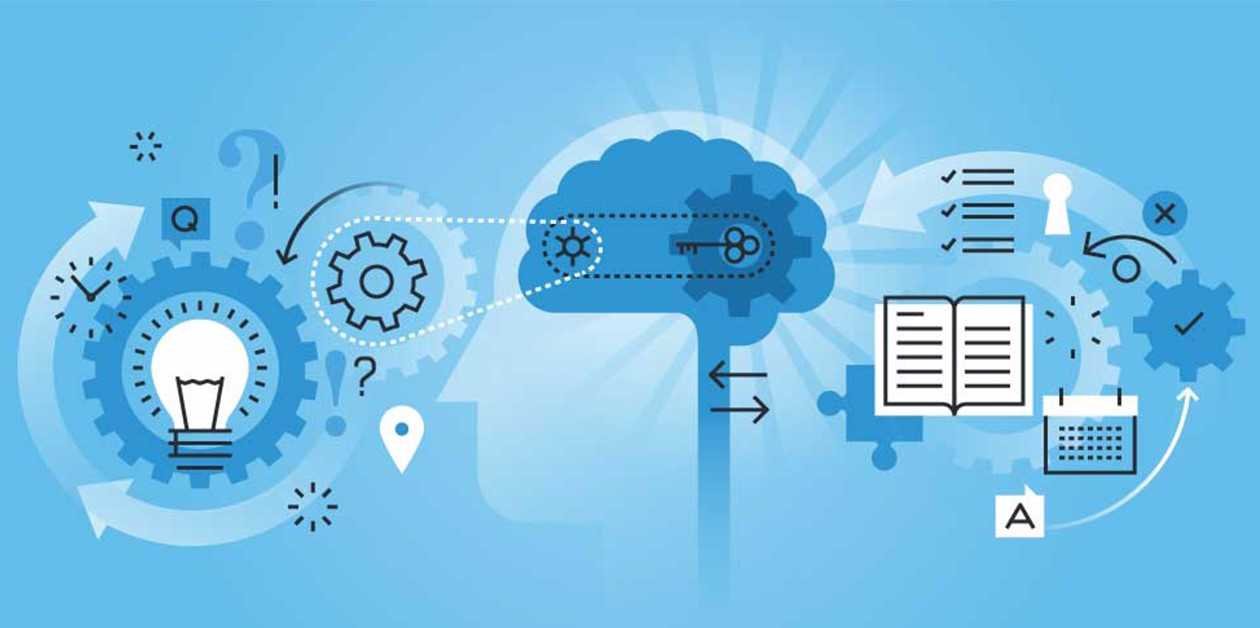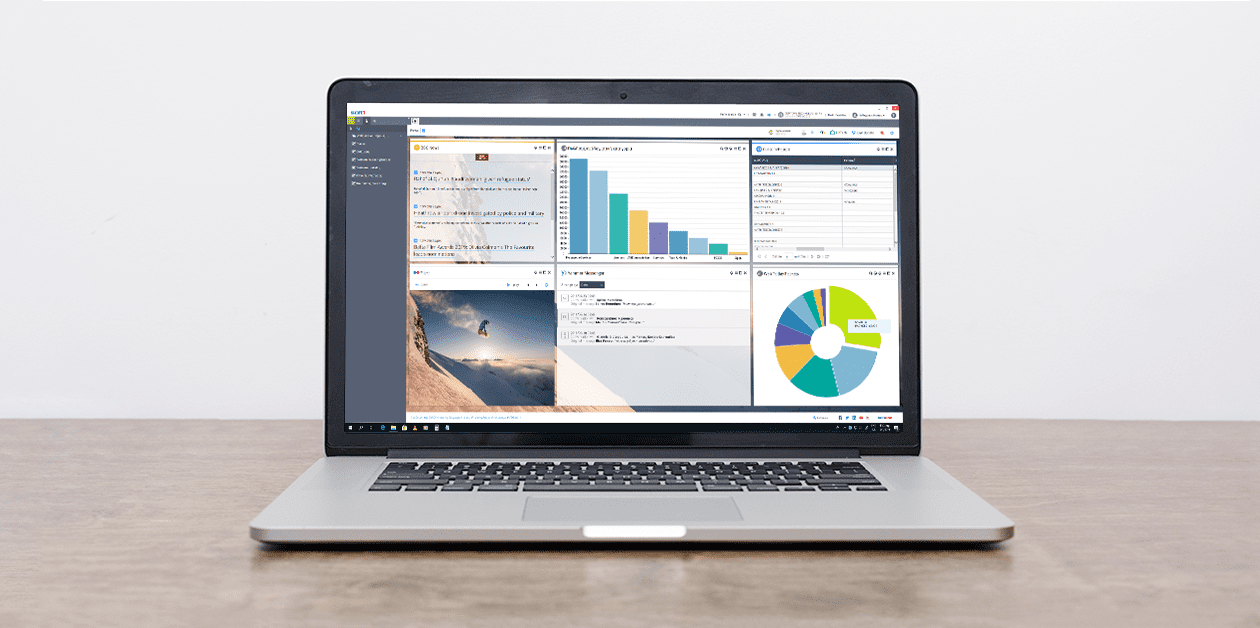Share
Read also
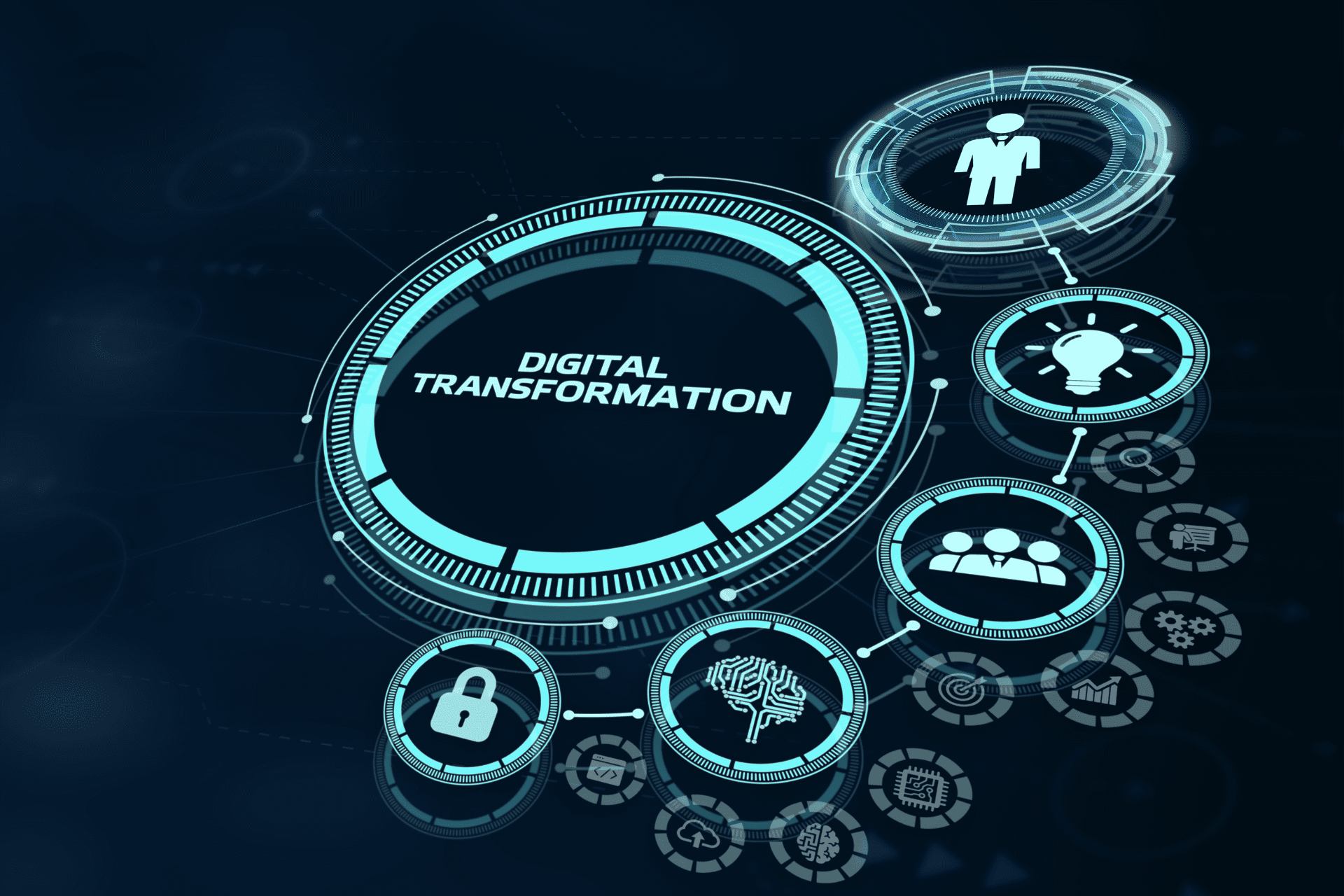
Trends & Views
Digital transformation strategies
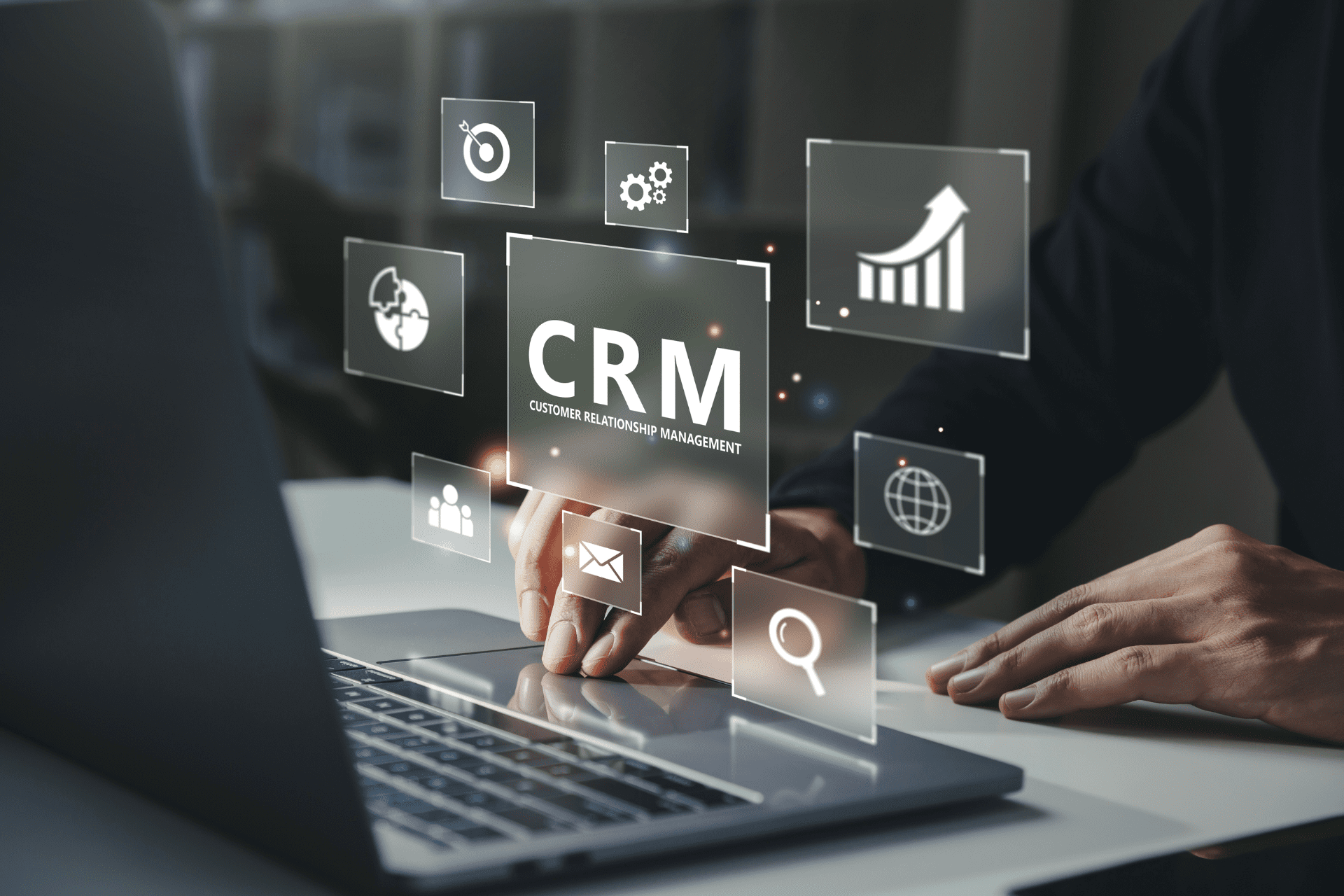
Business Software
CRM 2025 market: Response to increasing customer demands
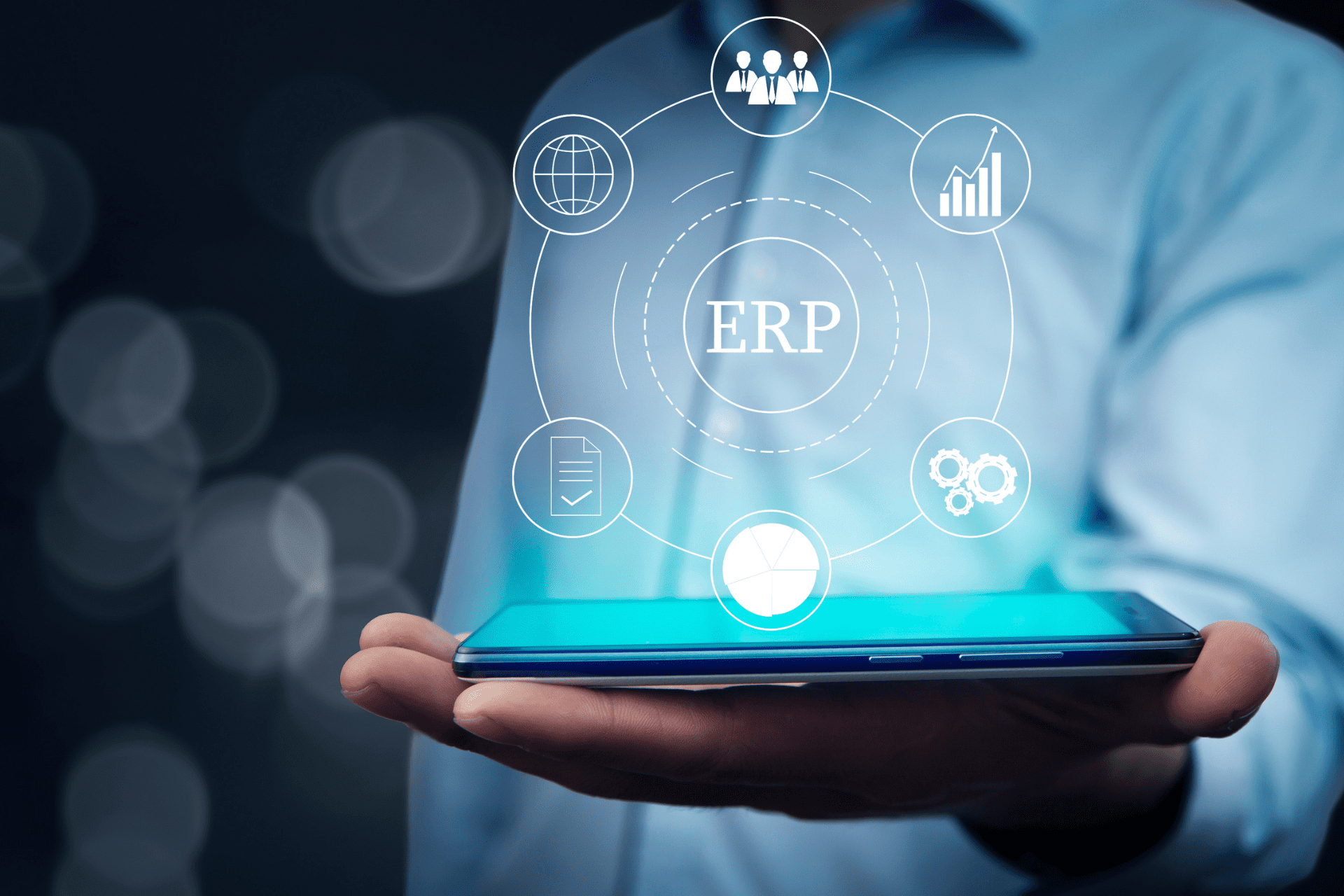
Business Software
Understanding the ERP lifecycle management

Mobility
How is EM shaping the way SMBs operate?
Artificial Intelligence (AI) is gradually making its way into the ERP market. It clearly offers an extremely powerful way to effectively expand ERP offerings, while its potential is truly unlimited.
Firstly, one of the most important benefits of ERP technology is that it streamlines business operations, enabling managers to make even better decisions either in relation to production or to sales practices. Artificial Intelligence can actually expand these features, by analysing an even bigger volume of historical data sets in comparison to the past. In particular, AI can utilize historical data in order to learn from older patterns and use this knowledge to your benefit.
Secondly, one of the biggest expense that businesses are required to cover is the cost of entering data into the ERP and other systems. Manual data entry costs thousands of man-hours every year. And even though this may be an acceptable cost for some big organizations, manual data entry can create additional expenses for a large number of small and medium businesses, especially when issues of wrong or duplicate data arise.
When combined with ERP technology, Artificial Intelligence can learn from the data-input sources and then create workflows that will provide data from one original source, when this is required, to all the integrated applications. This reduces the total time required for data entry, as well as the possibility of errors.
Then, this data can be used as a learning means for Artificial Intelligence, simplifying the connection among all applications with new ways. Additionally, Artificial Intelligence can go even further and learn, for example, from customer calls and the responses of the customer service department, so as to predict and respond to potential issues before these are escalated. Every time that AI recognizes a pattern, it will offer suggestions to support your partners or co-ordinate different departments by proposing preventive maintenance tasks that will restrict additional service calls.
Finally, AI can utilize the ERP data to improve customer service, and analyse historical data to suggest the most effective workflows for internal processes. For example, if an employee needs to follow a predefined series of steps in order to complete a task, each time a step is completed, AI will suggest the next action, providing at the same time all the necessary information for its execution. As a result, not only tasks will be completed correctly, but employees will be able to use their time more effectively and thus improve their productivity.
